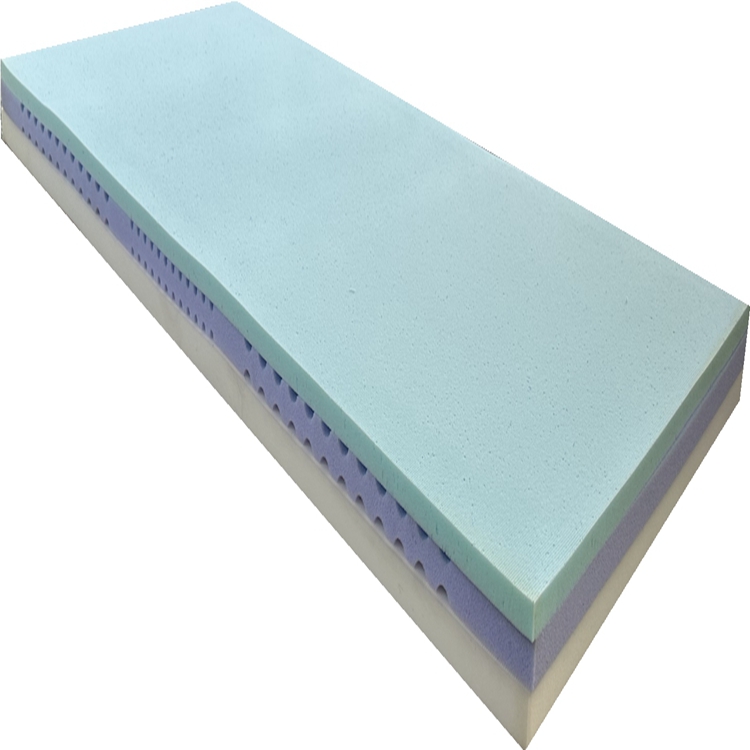Innovative Sleep Solutions with Intelligent Mattress Technology for Ultimate Comfort and Restfulness
The Rise of Smart Mattresses Revolutionizing Sleep Quality
In today’s fast-paced world, sleep often takes a backseat to our daily demands, causing a myriad of issues related to health and wellbeing. To combat these issues, technology has steadily infiltrated our sleeping spaces, leading to the emergence of smart mattresses. These innovative products promise not just comfort, but also an enhanced sleeping experience tailored to individual needs.
A smart mattress typically incorporates advanced technology designed to monitor and respond to the sleeping habits and preferences of users. Unlike traditional mattresses, which offer passive support, smart mattresses come equipped with sensors that gather data on metrics such as sleep duration, position, heart rate, and even breathing patterns. This valuable feedback helps users comprehend their sleep patterns better, allowing for informed adjustments to improve sleep quality.
One of the most significant advancements found in smart mattresses is the ability to adjust firmness levels based on the user's needs. Through apps or embedded controls, users can modify the mattress’s settings to provide personalized support. For couples, this feature allows each person to customize their side of the bed, ensuring that both partners can achieve optimal comfort regardless of their sleeping styles.
Moreover, many smart mattresses come with integrated climate control features. The temperature can be adjusted to create a more comfortable sleeping environment, which is crucial for quality rest. Studies have shown that a cooler sleeping environment can help people fall asleep faster and enjoy a deeper sleep cycle. Some smart mattresses even have built-in heating and cooling systems that respond to body temperature, ensuring a cozy night’s sleep regardless of seasonal changes.
smart mattress

Another exciting aspect of smart mattresses is their connectivity and integration with other devices. Many models are designed to sync with smartphones, smartwatches, and even home automation systems. This connectivity allows users to track their sleep patterns over time, analyze the data, and identify trends in their sleep behavior. Additionally, some smart mattresses can use artificial intelligence to provide personalized recommendations based on the data collected, helping users establish a tailored nighttime routine.
Beyond just improving personal sleep habits, smart mattresses can offer insights that contribute to better overall health. For instance, by monitoring sleep quality and detecting disturbances, users may identify issues that affect their health, such as sleep apnea or stress. Early detection of such problems can lead to timely intervention, potentially preventing more severe health issues down the line.
Despite their advantages, smart mattresses also come with considerations. The price point can be significantly higher than traditional mattresses, which may deter some consumers. Additionally, concerns have been raised about data privacy and the reliance on technology for something as fundamental as sleep. Consumers should educate themselves about the specific data retention policies of each brand and evaluate whether they are comfortable sharing their health information.
In conclusion, smart mattresses represent a significant evolution in sleep technology, merging comfort with advanced data analytics to enhance sleep quality. While they may not be a one-size-fits-all solution, these mattresses hold the potential to revolutionize how we approach rest and recovery in our increasingly busy lives. With their customizable features, climate control capabilities, and data tracking functions, smart mattresses pave the way for a future where sleep is not merely an afterthought but a priority in our health and wellness regimen. As technology continues to advance, embracing innovations like smart mattresses may just be the key to unlocking better sleep for all.
-
The Science Behind Silicon Mattresses for Critical Care EnvironmentsNewsJul.16,2025
-
The Role of Wave Mattress Systems in Pressure Ulcer PreventionNewsJul.16,2025
-
The Role of ICU Nursing Silicon Mattress in Preventing Pressure UlcersNewsJul.16,2025
-
Long-Term Bedridden Patients and the Advantages of Silicon Mattresses in the ICUNewsJul.16,2025
-
From ICU to Home Care: Expanding the Use of Silicon Mattresses for Nursing NeedsNewsJul.16,2025
-
Choosing the Right Wave Mattress for Different Levels of Patient CareNewsJul.16,2025
-
The Effect of Coconut Foam Mattress Breathability and Humidity Regulation on Improving Sleep QualityNewsJul.03,2025

